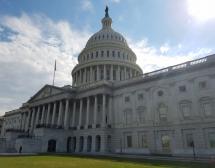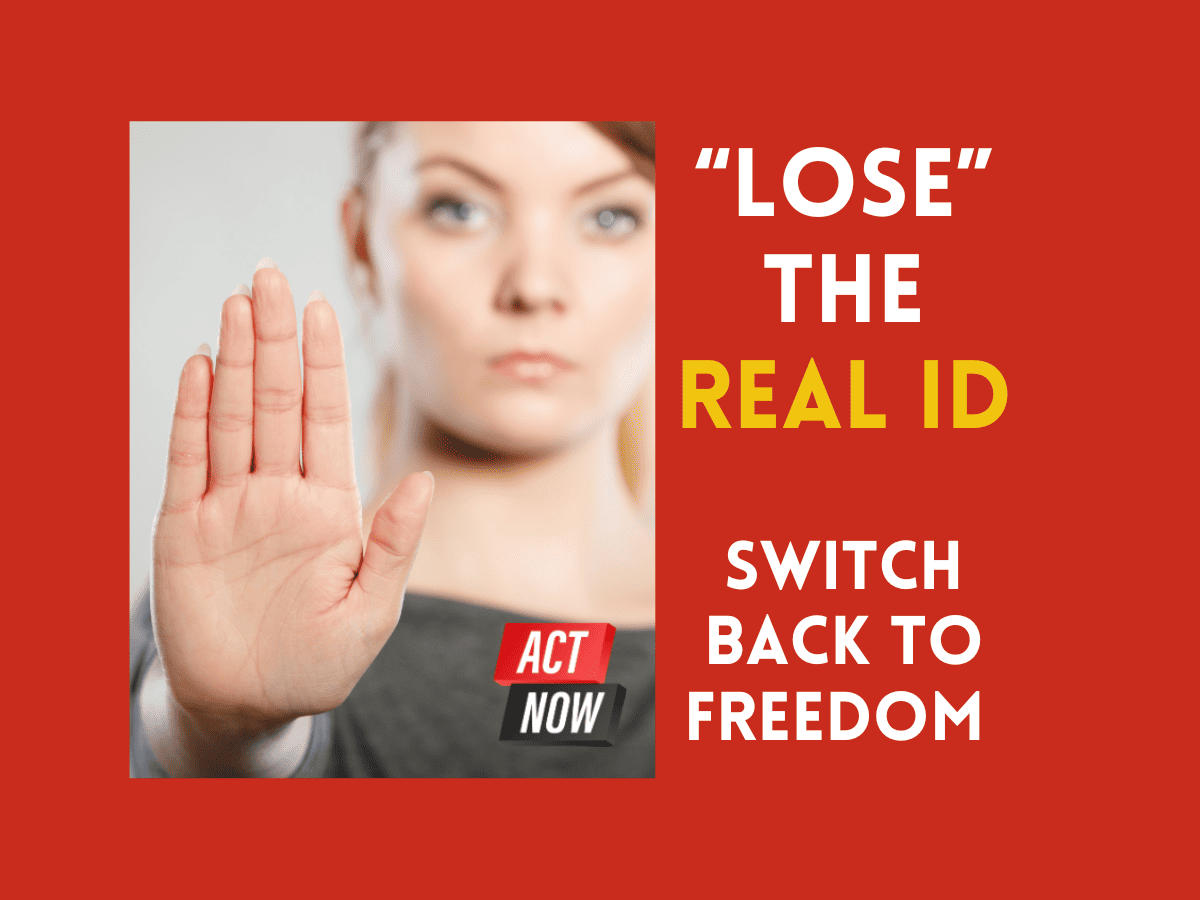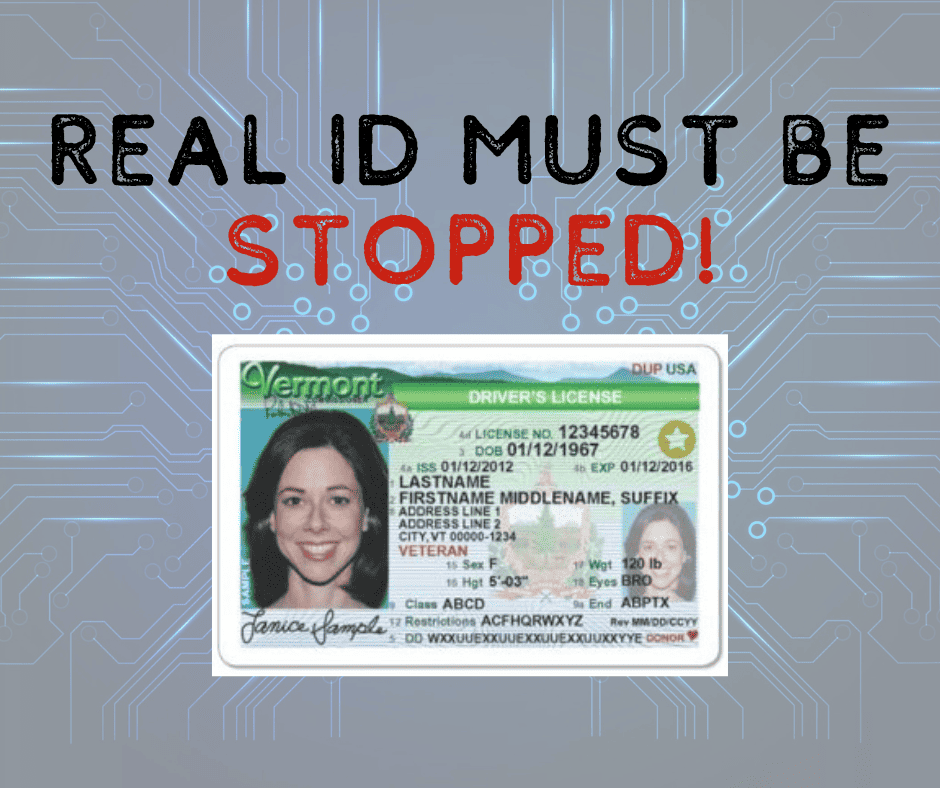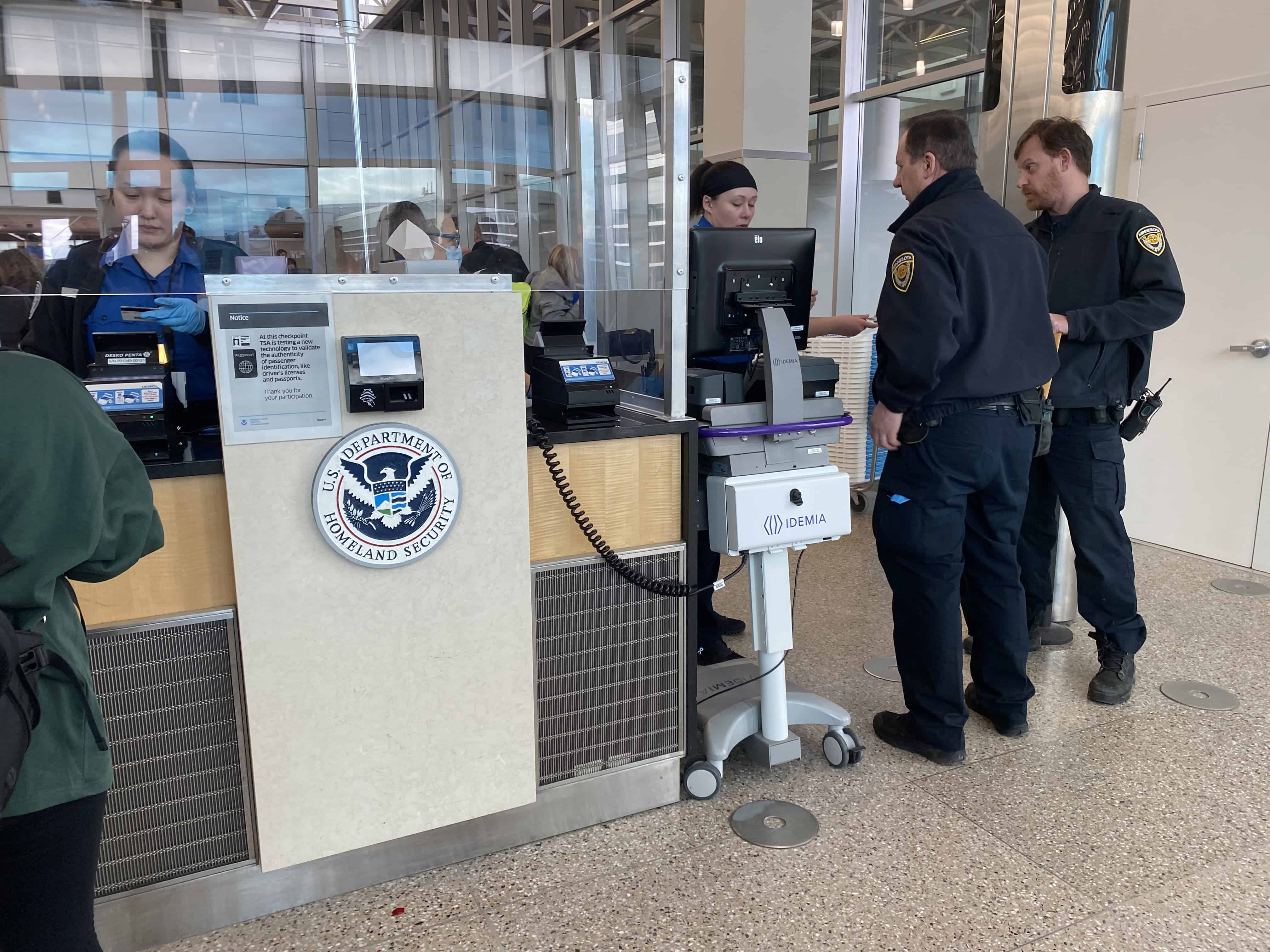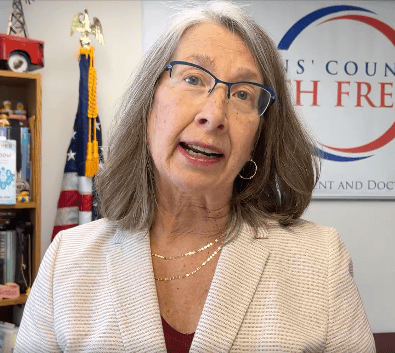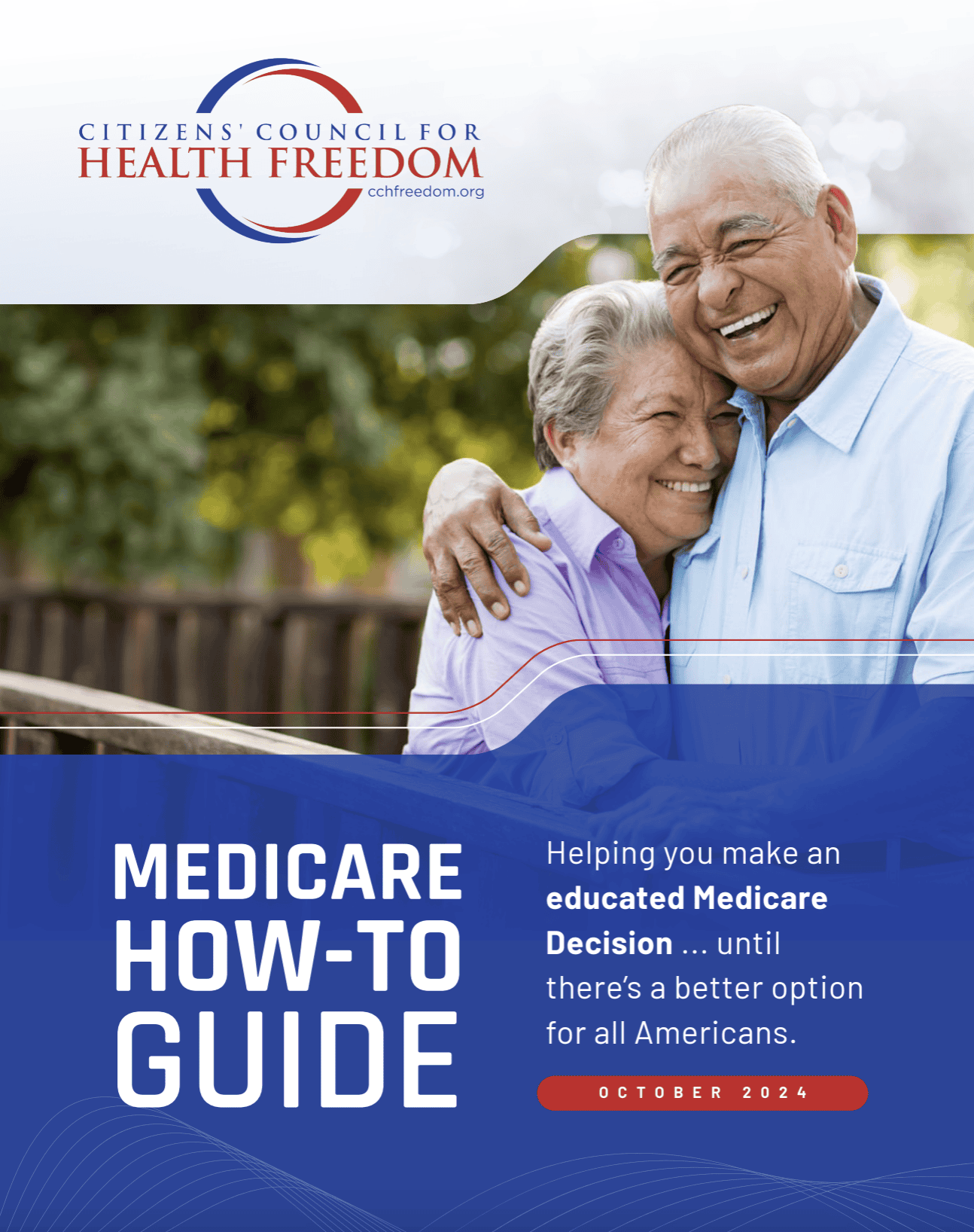NOTE: The following set of topics, documents and pages contains historical, and sometimes still current items, from when this set of pages was first created in the aftermath of 9/11. Various pages have been altered or updated several times in subsequent years, including during the Swine Flu crisis.
HISTORY: In October 2001, the “Model State Emergency Health Powers Act” was issued by the U.S. Department of Health and Human Services (HHS). The agency had been working on this proposal for at least three years. With Americans in crisis mode after the September 11, 2001 terrorist attack, it was released in late October. A revised version was released in December. States were encouraged to pass the model legislation in their state. Nearly 40 states introduced it as legisalation and 20 states passed it in part or in whole. As America deals with the coronavirus crisis, the following history and documentation may prove to be important background information. – Editor, April 2020
OVERVIEW – H1N1 Vaccination, Quarantine, Health Powers
The U.S. Department of Health and Human Services is moving quickly to make available a vaccine for the H1N1 virus, otherwise known as the swine flu. A release of the vaccine is expected in mid-October 2009, perhaps sooner. There are concerns about the vaccine and about government health powers and police powers.
Vaccine Concerns
As with all vaccines, this vaccine will not be completely safe. Very limited human safety testing has been conducted. In September 2009, calls for volunteers to test the vaccine continued. In June 2009, federal officials signed a document giving vaccine manufacturers and the federal government legal immunity for injuries or deaths caused by the vaccine-and, according to news reports, allowing for a federal vaccine injury compensation fund.
In 1976, a swine flu vaccine was given to 40 million people. After increased cases of Guillain-Barrè syndrome, a rare neurological disorder, were linked to the vaccine, the federal vaccination program was shut down. At least 30 people died and thousands filed injury claims.
Perhaps as an indication of health official’s safety concerns regarding the latest vaccine, on October 1, 2009, the Minnesota Department of Health, will begin requiring the reporting of Guillain-Barre’ syndrome. The reporting requirement for physicians, health care facilities, medical laboratories, and other health care providers will be in effect until September 30, 2011. (MDH Notice was published in the Minnesota State Register, September 14, 2009)
Right to Refuse?
According to State laws, the State health department may be able to compel individuals to be vaccinated, tested, examined and treated against their will. Those who refuse may be detained in quarantine for extended periods of time. Some states, like Minnesota, provide citizens with the right to refuse, although they can be detained for weeks in quarantine as a result of refusal. States like Florida may compel vaccination:
The State Health Officer, upon declaration of a public health emergency, may take actions that are necessary to protect the public health. Such actions include, but are not limited to:…
4. Ordering an individual to be examined, tested, vaccinated, treated, or quarantined for communicable diseases that have significant morbidity or mortality and present a severe danger to public health. Individuals who are unable or unwilling to be examined, tested, vaccinated, or treated for reasons of health, religion, or conscience may be subjected to quarantine.
a. Examination, testing, vaccination, or treatment may be performed by any qualified person authorized by the State Health Officer.
b. If the individual poses a danger to the public health, the State Health Officer may subject the individual to quarantine. If there is no practical method to quarantine the individual, the State Health Officer may use any means necessary to vaccinate or treat the individual.
Any order of the State Health Officer given to effectuate this paragraph shall be immediately enforceable by a law enforcement officer under s. 381.0012. (Florida Statutes, Title XXIX, 381.00315 (1)(b)(4))
State Health Powers Acts
The right to refuse is not supported by the Centers for Disease Control and Prevention (CDC). In October 2001, about a month after terrorists destroyed the World Trade Center towers, the CDC issued a model state emergency health powers act (MSEHPA) for State legislatures to consider for passage into law.
According to the Act, state health departments were to be granted extraordinary powers over all state residents, including the authority to compel individuals to submit to vaccination, examination, treatment and detention. Due process rights could be suspended. Martial law could be declared. Property could be seized. Penalties and arrest for fleeing detention, refusing quarantine orders, resisting treatment, etc. were included in the model MSEHPA.
As noted in a South Carolina study, “Politics favored such [public health] reform immediately after September 11, 2001” (See page 13 of study). According to some reports, the CDC paid Lawrence Gostin $300,000/year for 3 years to write the Act.
Many States enacted at least pieces of the legislation. According to the Centers for Law and the Public Health (drafters of the MSEHPA), “As of July 15, 2006, the Act has been introduced in whole or part through 171 bills or resolutions in forty-four (44) states, the District of Columbia, and the Northern Mariannas Islands. Thirty-eight (38) states [AL, AK, AZ, CA, CT, DE, FL, GA, HI, ID, IL, IN, IA, LA, ME, MD, MN, MO, MT, NV, NH, NJ, NM, NC, OK, OR, PA, RI, SC, SD, TN, TX, UT, VT, VA, WI, and WY] and DC have passed a total of 66 bills or resolutions that include provisions from or closely related to the Act.” Massachusetts has a bill under consideration.
Police Powers
As one example of the powers provided to the police, the Massachusetts State Senate has passed a “pandemic response” bill requiring compliance with vaccination and empowering police to enter homes and detain non-compliant individuals. The cost of non-compliance is “imprisonment for not more than 30 days or a fine or not more than $1,000 per day that the violation continues, or both.
Futhermore, the bill gives the government carte blanche immunity: “It shall not be a defense to a prosecution for this offense that the commissioner of the local public health authority erroneously determined that non-compliance would pose a serious danger to public health, if the commissioner or local public health authority was acting in good faith under color of official authority.”
Your State; Your Rights
For information about your legal rights (or lack thereof), please consult your state laws and your state’s health department rules (regulations) concerning compulsory vaccination, examination, testing and treatment, government-imposed quarantine and isolation (detention), penalties, the right to a court hearing, use of police and military by health officials, and emergency health powers or in some cases, as in Minnesota, ongoing government health powers over the people.
The Centers for Law and the Public’s Health: The Model State Emergency Health Powers Act
The Model State Emergency Health Powers Act, The History – September 19, 2003
Minnesota Government Health Powers Law
